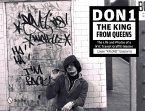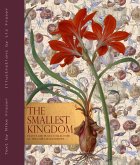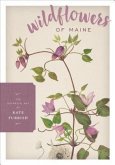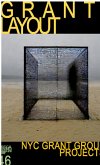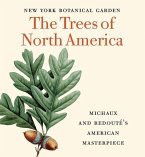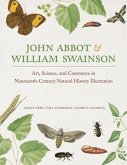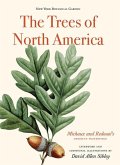Although we tend to think of our cities as concrete jungles, our post-new urban environment is awash in plant life. Wild urban plants have taken root along roadsides and chain-link fences, between cracks of pavement, and within vacant lots, rubble dumps and highway medians. Spontaneously propagating, these resilient plants find distinctive niches to thrive in and inhabit our most derelict landscapes. The environmental benefits of these weeds” go widely unrecognized when, in fact, reframing this often invisible urban ecology as a beneficial amenity can offer a fresh perspective on how cities perform. Spontaneous Urban Plants investigates the role of weeds in the urban ecosystem by profiling a cross section of weeds. The intent is to stimulate a discourse between ecologists, designers, artists and the general public that explores societal perceptions of weeds and questions the stigmas that surround them. Leveraging principles of urban ecology and environmental aesthetics, we are encouraging an objective debate of the value of wild urban plants and thereby challenging contemporary cultural perceptions. This four-color art book will raise awareness about the overlooked ecology of our cities and allow people to reconsider their preconceived notions about weeds through the lens of art. This project has the potential to catalyze a generation of emergent designers, artists, planners and thinkers to rethink our urban futures in the face of increased density and erratic climatic conditions.
Hinweis: Dieser Artikel kann nur an eine deutsche Lieferadresse ausgeliefert werden.
Hinweis: Dieser Artikel kann nur an eine deutsche Lieferadresse ausgeliefert werden.


